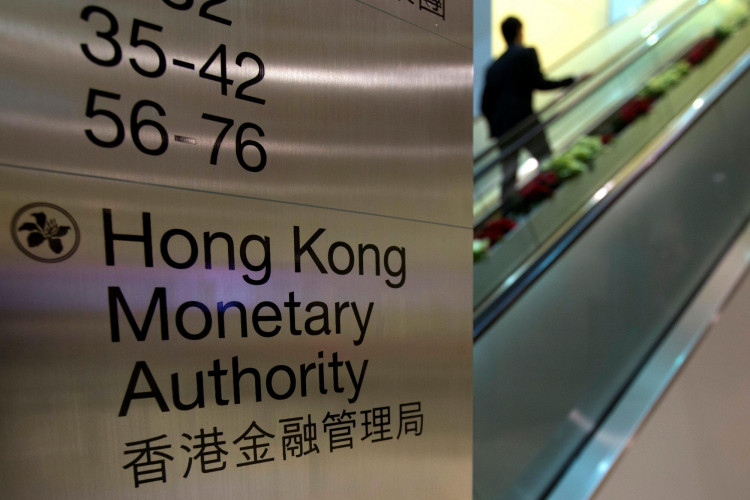Hong Kong's de facto central bank, the Hong Kong Monetary Authority (HKMA), has launched a new $1.4 million program aimed at helping fresh graduates land jobs in the city's financial district. The new salary subsidy plan is expected to bolster the industry's ability to hire new employees despite the economic downturn.
Under the Banking Talent Program, HKMA will be paying half of the salary of fresh university graduates hired by participating companies. HKMA stated on Thursday that 39 major banks and digital wallet operators have already joined the program. Half of the graduates' salaries will be paid by the currency board for the first six months of employment for those that will be hired starting in September. The amount of the subsidy will be based on a base monthly of HK$12,000.
The move to subsidize the hiring of fresh graduates comes amid growing concerns of the state of the city's job market following the months of civil unrest last year and the disruptions caused by the coronavirus pandemic this year. The city's financial industry was particularly affected by the disruptions, bringing Hong Kong to its worse economic state in decades.
HKMA chief executive officer, Eddie Yue Wai-man, mentioned in a statement that the pandemic has made it very difficult for new graduates to find a job this year. He added that the economy is in a very precarious position and most companies are not willing to hire any more employees until the situation improves.
The program is meant to remedy the problem, at least in the short-term, by alleviating pressures on the city's job market. Apart from subsidizing salaries, the HKMA also plans to rollout subsidized training programs for fresh graduates in order to increase their eligibility for certain positions.
Hong Kong's financial services industry is a major contributor to its total gross domestic product (GDP), accounting for about a fifth with over 263,000 people employed by major institutions. Over the past two years, major players have been forced to implement drastic cost-cutting measures, including the cutting of thousands of jobs. The city's nearly 20,000 graduates this year are now facing a bleak job market, with most companies no longer hiring new employees given the current economic situation.
For the first quarter of this year, Hong Kong's economy contracted by more than 8.9 percent. Unemployment in the city hit a 10-year high of around 5.2 percent over the three-month period. The highest rate of unemployment was recorded for residents in the 20 to 29-year old age bracket.




